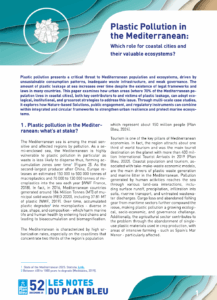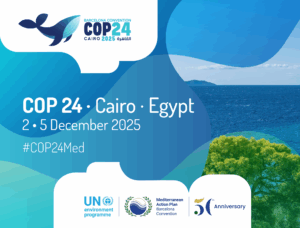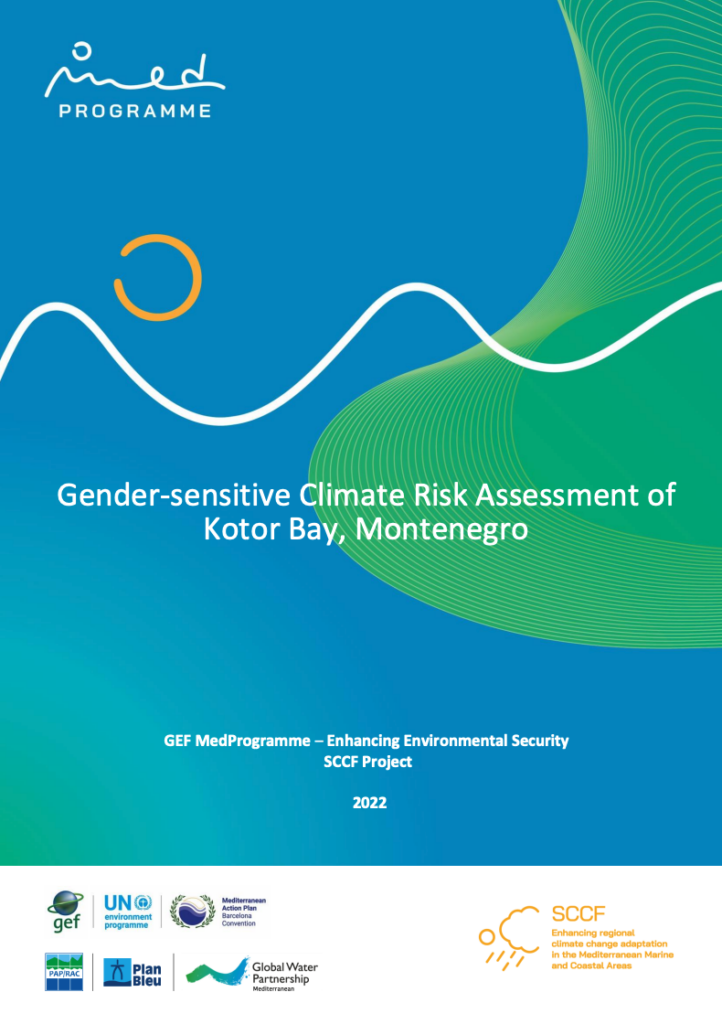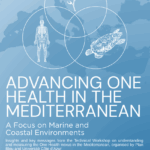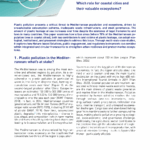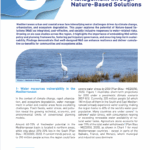Climate change is exposing large parts of coastal communities to tremendous risks. This is particularly noticeable on the two GEF MedProgramme SCCF Project pilot sites in Kotor Bay in Montenegro and the Tangier-Tétouan-Al Hoceima region in Morocco.
When talking about climate risks, one element that is often overlooked: gender-specific socio-economic inequalities and the resulting differences in vulnerability.
Currently, women are more vulnerable to climate change risks than men, and suffer from socio-economic inequalities across sectors. This does not have to remain unchanged. Women can play a pivotal role in environmental management and climate risk mitigation.
This is also recognized internationally, for example through the fifth Sustainable Development Goal (SDG) on gender equality, or at regional level through the Mediterranean Strategy for Sustainable Development.
To learn more about the rationale for women’s empowerment as a crucial step towards climate risk mitigation and to take a closer look at the national gender-sensitive climate vulnerabilities in Montenegro and Morocco, please consult Plan Bleu’s reports available in English and French.






